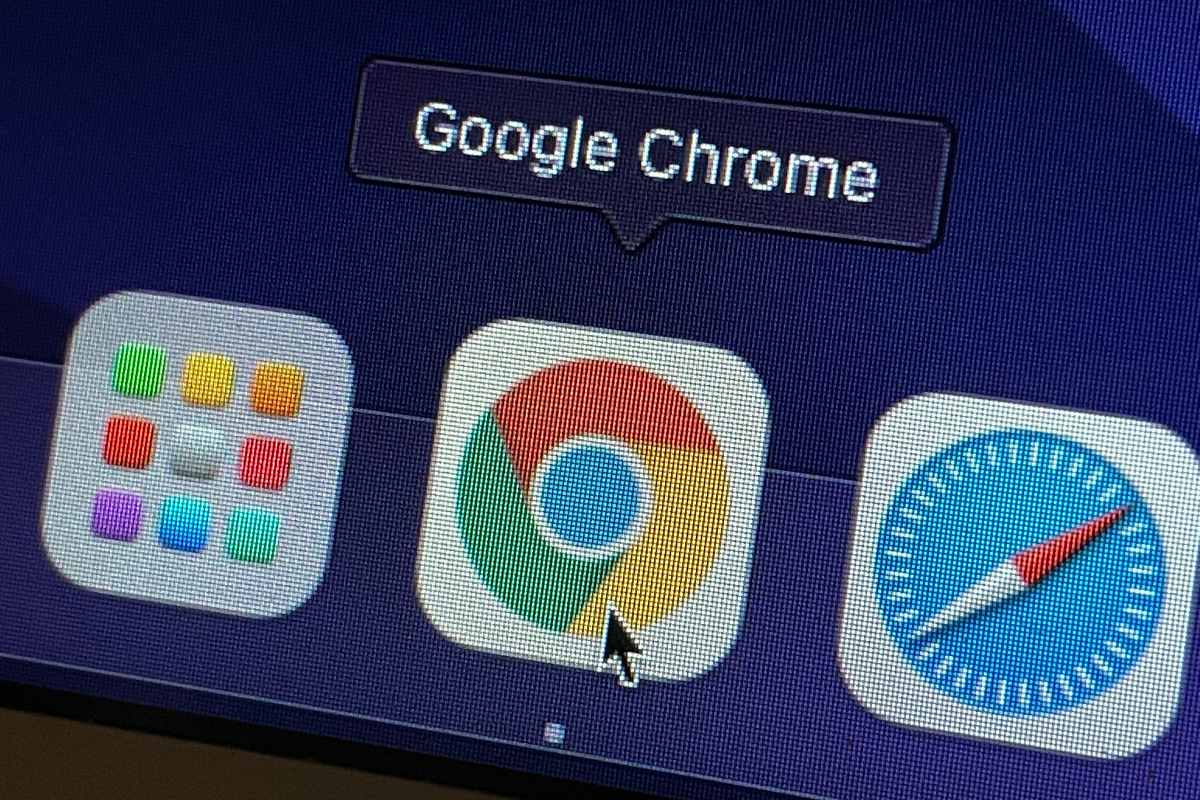
Google Chrome will complete its transition to its Manifest V3 extension specification in 2024, the company recently announced via a blog post. The switch to Chrome’s Manifest V3 from the previous version is expected to severely limit the functionality of extensions on the world’s most widely used web browser — including several popular ad blockers. Google’s changes are expected to affect several other browsers that also rely on the Chromium engine, while Firefox and Safari are unlikely to be affected.
The search giant recently published a blog post with an updated timeline for transitioning to Manifest V3 for Google Chrome. Google’s updates to the specification will change how ad blocking extensions interact with the browser while also adding limitations on how much access they have to the browser and how they function on a user’s computer — some of these changes have been made to improve user security, according to Google.
The company was expected to drop support for Manifest V2 and complete the transition process last year, but faced intense pushback from privacy groups, developers, and users who rely on extensions that would be hindered by the move. More recently, YouTube began a global crackdown on ad blockers that prevents users with ad blockers from viewing videos on the platform, while raising the price of its ad-free YouTube Premium subscription in seven countries.
Google says it has made some changes to Manifest V3 that accommodate some of the changes requested by groups that are opposed to the upcoming changes to the extension specification that would affect ad blockers. These include scaling back restrictions on the Declarative Net Request API and improving support for content filtering — functionality offered by ad blockers.
While Google has made some accommodations for ad blockers that have allowed some developers to create addons that can offer similar functionality as Manifest V2 extensions, an Electronic Frontier Foundation staffer told The Verge that Chrome’s Manifest V3 limits developers of extensions and that everyone would end up relying on Google to update its API to be able to block advertisers and trackers via extensions.
As per Google’s updated timeline, extensions that support Manifest V2 will be disabled on three Chrome channels in June 2024 — Canary, Dev, and Beta. These changes will be introduced with Chrome 127 and later. Users won’t be able to install older Manifest V2 extensions (these will lose their Featured badge) and existing ones will be disabled on the browser, according to the search giant.
There’s no concrete timeline on when these changes will arrive on the stable update channel, where it will affect the largest number of Chrome users. Google says it expects the process of observing and stabilising the changes to take “at least a month”. Meanwhile, Google has urged extension developers to complete the process of migration to Manifest V3 before June 2024.




